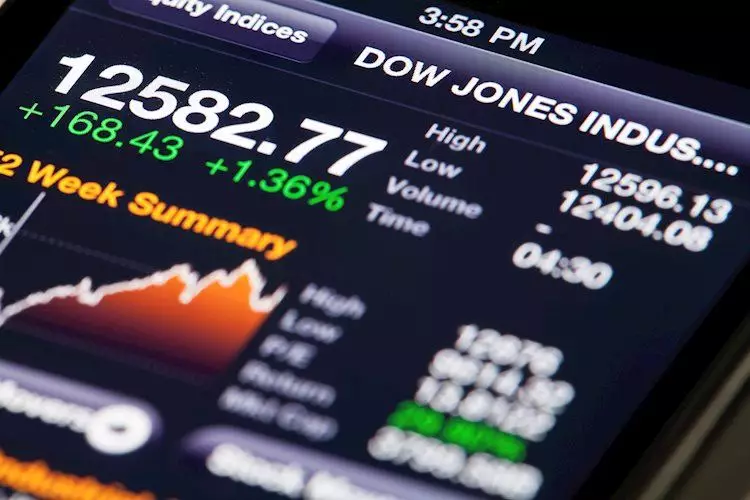In a notable turn of events, the Dow Jones Industrial Average experienced a decline of 0.7% on Friday, marking a significant retreat from its previous gains. This downturn can be attributed to a combination of market recalibrations following recent election outcomes and growing concerns over economic indicators. Investors, buoyed by optimism from electoral results in prior weeks, are now reassessing stock valuations and potential risks that lie ahead. This kind of market shift often suggests a reversion to more cautious investing strategies as traders weigh their portfolios in light of the latest developments.
The recent election results initially sparked a wave of buoyancy in stock prices, which many believed would lead to sustained growth. However, as the dust settles, it appears that this election-related enthusiasm may have been short-lived. The reality of economic fundamentals seems to be reasserting itself, prompting traders to evaluate the implications of political changes on the economy’s trajectory. This introspection indicates that the earlier euphoria was rooted more in hope than in solid financial data, suggesting a natural correction driven by investor sentiment and fundamental analysis.
Adding to the complex economic picture, U.S. retail sales figures for October exceeded predictions yet still showed a modest growth rate. While the positive deviation from forecasted outcomes is encouraging, the actual figures do not indicate a robust expansion in consumer spending. This situation raises questions about the sustainability of the economic recovery as consumers grapple with inflationary pressures and changing buying behaviors. Even minor fluctuations in retail sales can have a ripple effect across various sectors of the economy, influencing market sentiment and investor actions significantly.
The current market atmosphere cultivates a blend of cautious optimism and skepticism. Investors find themselves in a challenging position, attempting to balance short-term gains against long-term economic realities. The intangible yet influential nature of market psychology plays a critical role in shaping trading decisions and asset valuations. As analysts scrutinize forthcoming economic data and potential monetary policy shifts, it will be essential to track these dynamics closely. Observing how consumer confidence plays into these metrics will be crucial for forecasting future market movements.
The interplay of political, economic, and psychological factors creates a complex environment for investors. With the Dow Jones showing signs of a slight retreat and retail sales providing mixed signals, the financial landscape demands careful navigation. Strategic investment approaches that incorporate both current data and forward-looking indicators will be vital for those looking to mitigate risks while capitalizing on existing market opportunities. As we move forward, adapting to this evolving narrative will be essential for stakeholders across the board.

